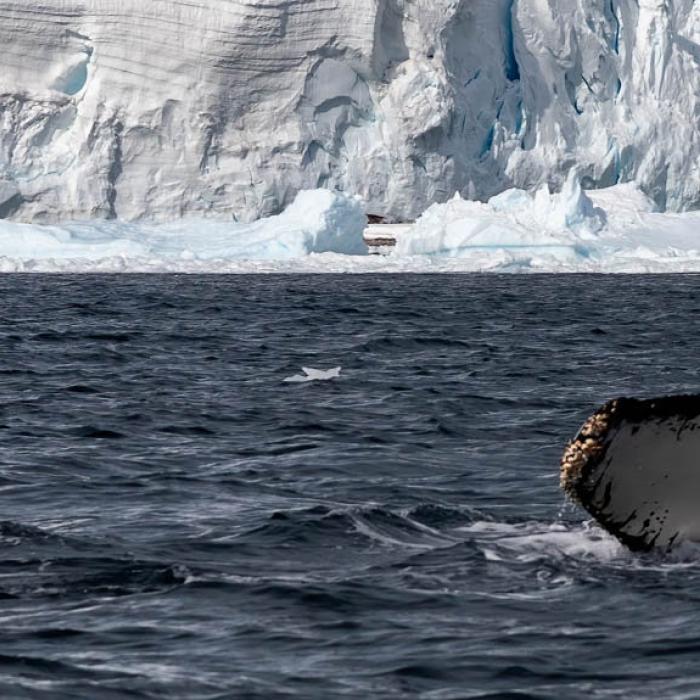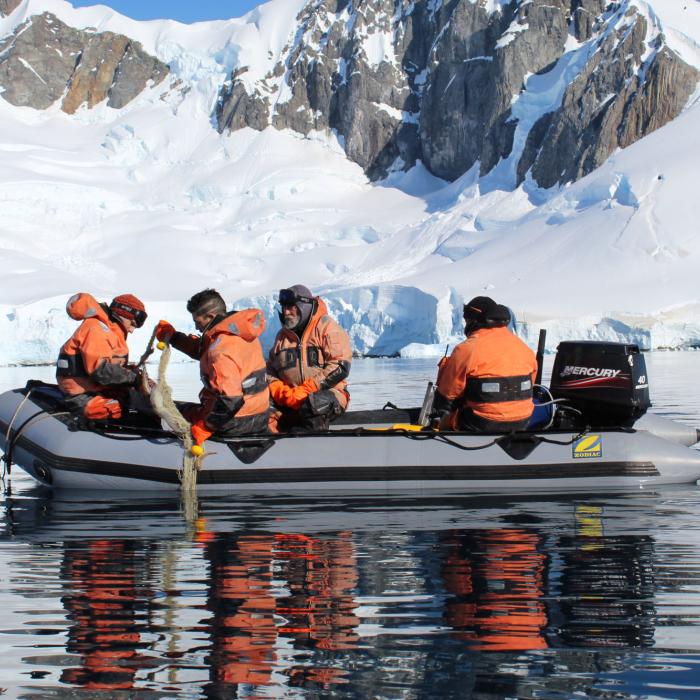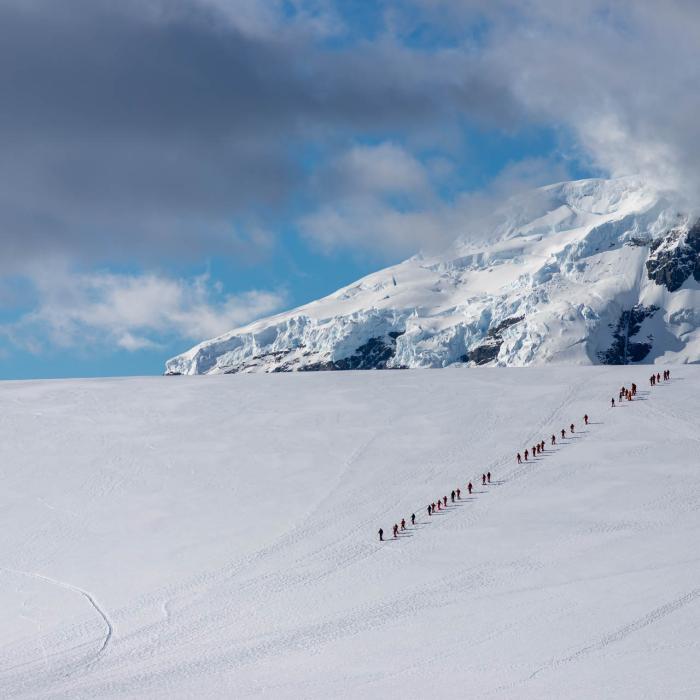
Inaugural IAATO Antarctic Fellows Announced
The International Association of Antarctica Tour Operators (IAATO) and the Council of Managers of National Antarctic Programs (COMNAP), have announced the recipients of this years IAATO Antarctic Fellowship, funded by IAATO.
The fellowships are an investment in the professional development of talented early career researchers and aim to further the understanding of human presence in Antarctica. The two fellows chosen were Martina Mascioni from the University of La Plata, Argentina, and Daniela Cajiao Vargas from the Autonomous University of Madrid. The fellowships will enable both recipients, who are working towards their PhDs, to join a project team at a research institute in another Antarctic Treaty country.
Martina will analyze phytoplankton samples collected from IAATO vessels since 2017 by a citizen science project called FjordPhyto. She will receive training that will enable her work to change our view of phytoplankton diversity in the Western Antarctic Peninsula. Without phytoplankton, life in Antarctica would not exist. Daniela’s research focusses on two different sectors of Antarctic tourism to explore how visiting Antarctica affects one’s experience and understanding of the region. Her answers will inform responsible tourism management, strengthen educational experiences and contribute to policy discussions.
Mark van der Hulst, Chair of IAATO’s Executive Committee said, “Supporting scientific endeavour is core business for IAATO so we are delighted to award our first Antarctic Fellowship to Daniela and Martina. It was our expectation to fund one fellow this year but, given the extremely high standard of applications and unable to separate the two leading contenders, IAATO resolved to increase the fellowship to include both.
“Both researchers demonstrated a deep understanding of IAATO’s work and how their research will further our mission to practice safe, environmentally responsible private-sector Antarctic travel. Critically, by supporting their professional development at a host university, we will open up new opportunities, strengthen international capacity and cooperation. We anticipate that their work will contribute to our understanding of human activity in Antarctica for many years to come.”


